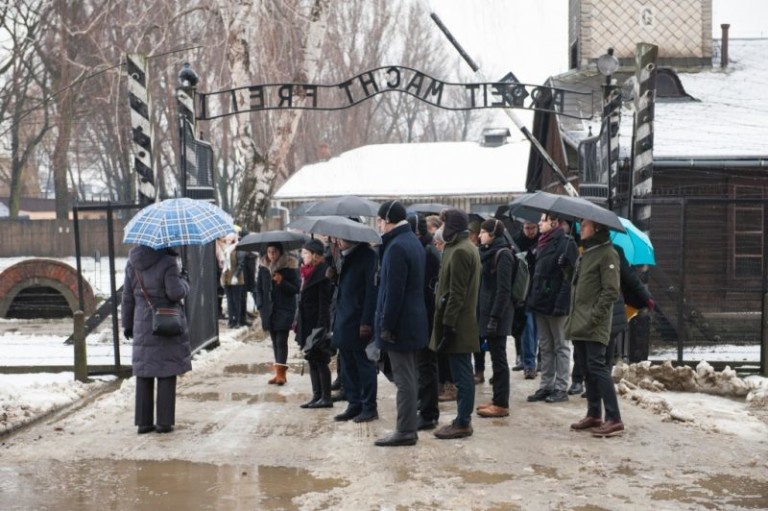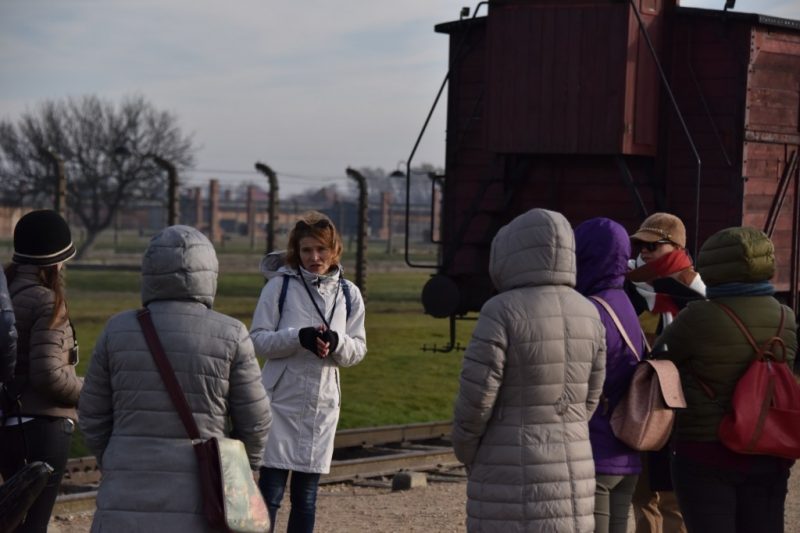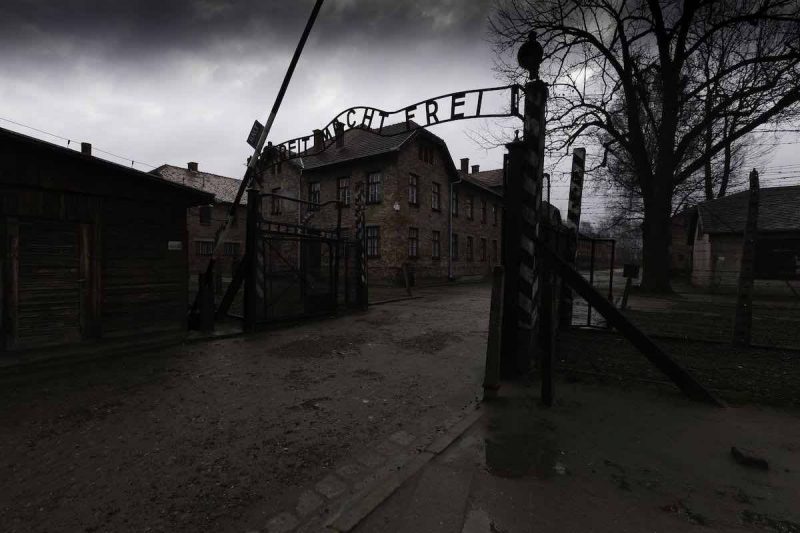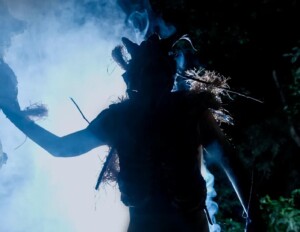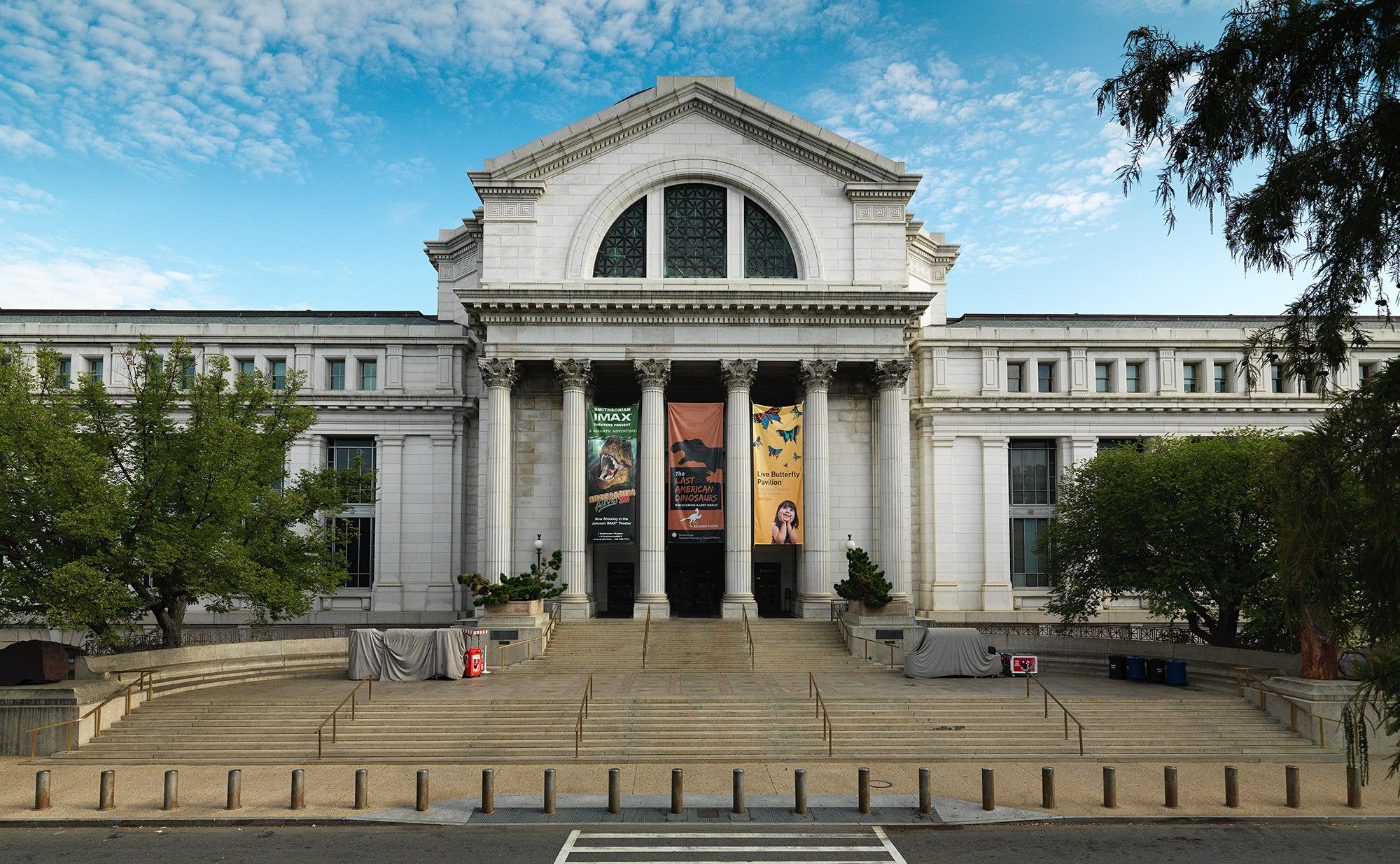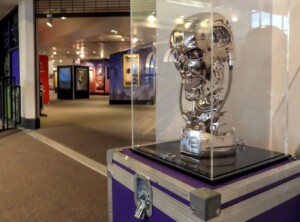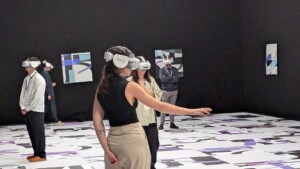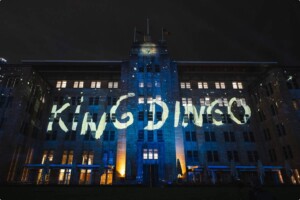The Auschwitz-Birkenau Memorial and Museum has announced record attendance for 2019, already exceeding record attendance in 2018. The total number of visitors this year could be close to 2.3 million.
In 2018, the site of the former German Nazi concentration and extermination camp Auschwitz was visited by more than 2.1 million people from across the world.
According to a press release, last year’s result was recorded at the end of November. This means that the total number of visitors this year may be close to 2.3 million.
“In December 2018 alone, we had about 110,000 visitors, and in fact, this year we have seen some percentage increase in the number of visitors every single month,” said Andrzej Kacorzyk, director of the International Center for Education about Auschwitz and the Holocaust.
2.1 million people visited Auschwitz-Birkenau in 2018
“We will have to wait until the end of the year for detailed data, but an analysis of the data so far indicates that about 81 percent of visitors learned the history of Auschwitz with one of the 344 museum guides who conduct tours in 21 languages,” added Kacorzyk.
Auschwitz-Birkenau has also announced new terms and conditions for visiting and booking from January 2, introducing personal entry cards for all visitors and group tours.
The changes have been introduced in order to eliminate trade in entry cards by some businesses that take visitors to Auschwitz-Birkenau.
“For some time now, we have seen cases of profiteering of entry cards, as well as the flooding of the online system of the museum with a huge number of unnecessary in-advance reservations,” said director of the Auschwitz-Birkenau State Museum, Dr Piotr M A Cywiński.
New terms and conditions for booking and visiting
“We also know that a kind of grey market of wholesale entry cards has developed, to the detriment of individual visitors.”
Starting in January, every booking will require data from participants, both individual and group.
He added: “It will facilitate the booking process, as it will no longer be possible to place ‘blind’ orders, thus blocking visiting dates and hours for others.
“The practices that are against the existing regulations will be impeded.”
In August, Auschwitz-Birkenau announced donations of $5.5m for the development of a new Visitor Service Center, after issuing a tender for the project.
Images: Auschwitz-Birkenau
